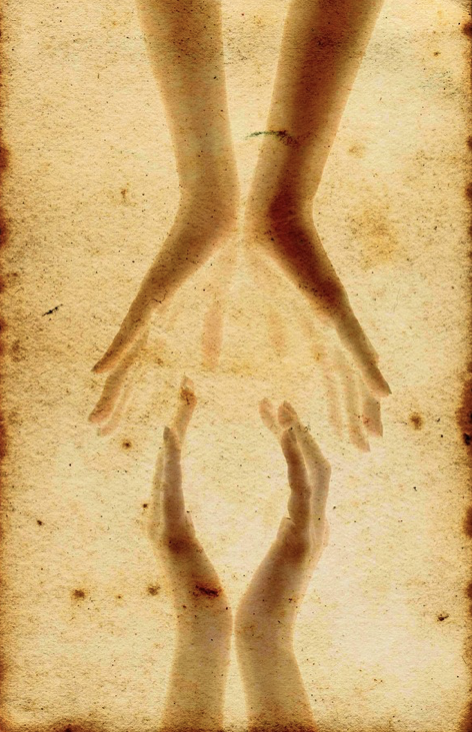| Dear Friends, For today’s update, Peter Rouch, Archdeacon of Bournemouth, has shared a reflection about fasting from human touch. Please find this below. With our prayers for you all, Bishop Tim, Bishop David and Bishop Debbie And the Bishop’s Staff Team: Andrew Robinson, Diocesan Chief Executive Catherine Ogle, Dean of Winchester, Peter Rouch, Archdeacon of Bournemouth Richard Brand, Archdeacon of Winchester, Mat Phipps, Bishop’s Chaplain |

| She stood behind him at his feet, weeping, and began to bathe his feet with her tears and to dry them with her hair. Then she continued kissing his feet and anointing them with the ointment.” Luke 7:38 Where deliberate human touch is concerned, in the Gospels usually relate it to wholeness. Not just physical healing, but other kinds of wholeness are mediated or revealed by touch. For example, there is the freedom from oppression in the stories of deliverance. There is also the grace of forgiveness attested to by the loving touch lavished upon Jesus by an unnamed woman in Luke 7. Then there is the touch of knowing and of being known in the resurrection appearances of John 20 and Luke 24. |
| Perhaps you never thought of yourself as a particularly huggy person, or maybe you were the last one seated after the hug-fest that is the Peace in many of our Christian communities. Either way, in these days when touch has become problematic, I imagine you have become all too aware of its significance. It isn’t just that some kinds of quite usual human touch have become difficult, somehow touch itself has become a threat. We observe social distancing. We cross the road to give space for someone coming the other way. We use contactless rather than cash when paying for essentials. Although it was in no way intentional, there is something strangely appropriate about our enforced fasting from human touch. Firstly, it makes us aware of our created-ness, our bodily, human limitation. “Remember though art dust, and unto dust thou shalt return”. It Is not that we thus become aware of our sinfulness, since there is nothing of itself sinful about our flesh and blood. But we become aware of who we are, of what we are, and the humility of that recognition beckons to us. Secondly, it makes us aware of who God is. “…and the Word became flesh and dwelt among us …” With these words John 1 reminds us that our God is an incarnate Lord. Many of us are mourning the loss of touch. Yet this very day, God the Son in flesh and blood, risen and ascended, is one with God the Father. He prays for us, speaking within the loving exchanges of the Godhead of our needs, of our mourning. “…he knows of what we are made, that we are creatures of dust” (Psalm 103). Thirdly, God reaches out to us and touches us by his Spirit. A wonderful churchwarden was recently sharing with me his own experiences of the tangible sense in both body and heart of God’s touch. Finally, being aware of our own needs and those of others, we can focus on new ways, to enable the human communion. We can experiment with the potential of digital communication of course, but we can also become aware of our other senses and abilities. We can learn to communicate more with our eyes, the attention and quality of our gaze. We can attend to our words, both what we say and how we say it. Within the span of our words and our sight we will find capacities very close to the impact of human touch. |
